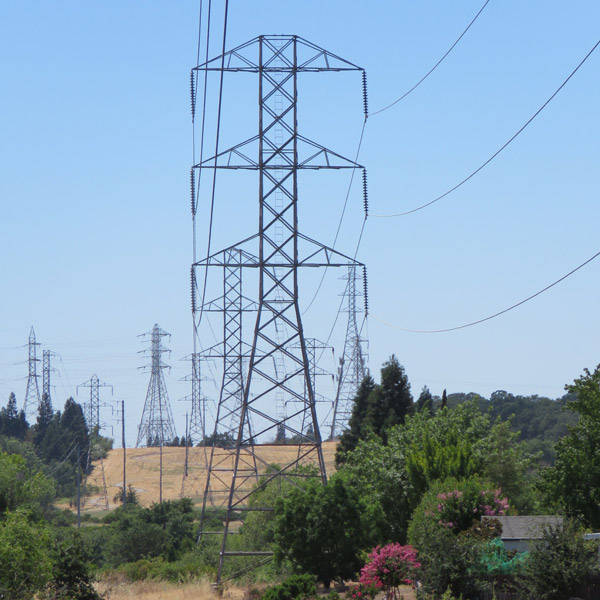By Amanda Durish Cook
FERC last week again denied Southwestern Electric Cooperative’s multiple challenges to Ameren Illinois’ 2017 update to its transmission rate formula, saying the co-op had rehashed arguments previously rejected by the commission.
The ruling, issued Thursday, showed that Southwestern came up short in nearly all its arguments for a rehearing of the Ameren subsidiary’s accounting for accumulated deferred income taxes (ADIT), regulatory expenses and undeveloped land holdings (ER17-1198-002).
The complaint wasn’t the first time Southwestern has contested Ameren Illinois’ formula rate. The cooperative previously teamed with Southern Illinois Power Cooperative to unsuccessfully challenge several aspects of the utility’s 2016 filing. (See FERC: Ameren Illinois Formula Rate Stands.)
In the more recent complaint, Southwestern had contested allowing Ameren Illinois to direct construction work in progress (CWIP) expenses and renewable energy compliance costs to certain accounts for the recovery of ADIT. The cooperative argued that parent company Ameren — not its subsidiary — should be recovering CWIP expenses for the 500-mile, 345-kV Grand Rivers project in Illinois and Missouri.
But FERC said it already addressed those ADIT issues in 2016 when it ruled that Southwestern’s arguments amounted to a “collateral attack on an allocation specified in the formula rate” because the co-op only challenged the ADIT accounting, not Ameren Illinois’ ability to recover the CWIP.
“Despite claiming that it would not relitigate issues, Southwestern is doing precisely that by raising the same arguments on rehearing of the June 2019 order as it did in the 2016 formal challenge proceeding. We reject those arguments for the same reasons the commission rejected them in [2016],” FERC said.
Southwestern also argued that all of the utility’s regulatory expenses should be recorded in one specific account and that certain regulatory expenses should be excluded from recovery “because they relate to Ameren Illinois’ retail business.” But FERC agreed with the utility that not all expenses related to rate calculations and true-ups are “in connection with formal cases before regulatory commissions.”
The co-op also insisted that Ameren Illinois exclude regulatory expenses linked to generator interconnections from the transmission formula rate, which FERC said was an unreasonable request.
“As a transmission owner in MISO, Ameren Illinois may incur costs associated with disputes it may have with generators involving, for example, payments for network upgrades,” FERC said.
The commission additionally rejected Southwestern’s argument that Ameren Illinois should not be earning a return on land held for future use but not associated with a specific plan. It said the utility previously explained that the land is earmarked for future transmission expansion projects “anticipated to be needed due to projected generation additions or retirements.”
However, FERC did call for a review of Ameren Illinois’ regulatory expenses, directing the company to file within 30 days two separate summaries of any changes it may have made in how it records expenses related to formal challenges and cases before regulatory bodies.





